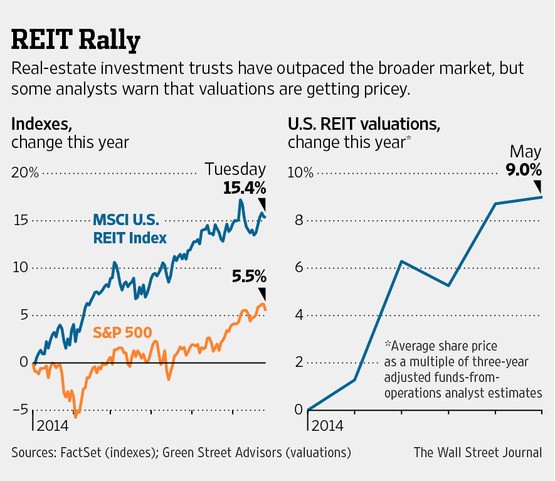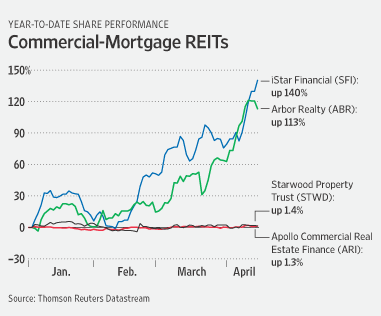Real Estate Investment Trust A REIT online directory and guide
Post on: 30 Май, 2015 No Comment

What Does REIT Mean?
A REIT stands for Real Estate Investment Trusts
How Were REIT’s Created?
Real Estate Investment Trusts were created in 1960 by Congress in 1960. While available to the real estate investment community, they languished unused for over three decades. In the early 1990’s the REIT marketplace grew dramatically.
What Is A REIT?
A REIT is a company which buys, develops, owns, and usually operates income producing real estate, and ultimately sells real estate assets. Income property can include: apartments, shopping centers, office buildings, warehouses. Some REITs also are engaged in financing real estate. Most importantly, to be a REIT a company is legally required to pay virtually all of its taxable income (90 percent) to its shareholders every year.
What Are The Tax Implications For A REIT?
(Please consult with your own tax attorney for definitive advise) REITs allow participants to invest in a professionally-managed portfolio of real estate properties. REITs qualify as pass-through entities, companies who are able distribute the majority of income cash flows to investors without taxation at the corporate level. REIT’s may deduct the dividends paid to the shareholders from its corporate tax bill under the following conditions:
- company’s assets are primarily composed of real estate held for the long term
- company’s income is mainly derived from real estate, and
- company pays out at least 90 percent of its taxable income to shareholders.

A corporation or trust that qualifies as a REIT generally does not pay corporate income tax to the Internal Revenue Service (IRS). This is a unique feature and one of the most attractive aspects of a REIT. Most states honor this federal treatment and do not require REITs to pay state income tax. This means that nearly all of a REIT’s taxable income can be distributed to shareholders, and there is no double taxation of the income to the shareholder. Unlike a partnership, a REIT cannot pass its tax losses onto its investors.
Are REIT’s Liquid?
Another major advantage of REIT investment is its liquidity (ease of liquidation of assets into cash), as compared to traditional private real estate ownership which are not very easy to liquidate. One reason for the liquid nature of REIT investments is that its shares are primarily traded on major exchanges, making it easier to buy and sell REIT assets/shares than to buy and sell properties in private markets.
What Is The Legal Structure Of A REIT?
In order for a corporation or trust to qualify as a REIT, it must comply with certain provisions within the Internal Revenue Code. As required by the Tax Code, a REIT must:
- be a corporation, business trust or similar association;
- be managed by a board of directors or trustees;
- have shares that are fully transferable;
- have a minimum of 100 shareholders;
- have no more than 50 percent of the shares held by five or fewer individuals during the last half of each taxable year;
- invest at least 75 percent of the total assets in real estate assets;
- derive at least 75 percent of gross income from rents from real property, or interest on mortgages on real property;
- derive no more than 30 percent of gross income from the sale of real property held for less than four years, securities held for less than one year or certain prohibited transactions;
- pay dividends of at least 95 percent of REIT taxable income.














